The Joint Venture Program (JVP) is a public-private partnership, benefiting California businesses, crime victims and the state while preparing offenders for successful integration into the community.
Under JVP, private businesses can set up operations inside California correctional facilities and hire inmates. This includes only those businesses that are starting a new enterprise, expanding an existing business or relocating within California.
This unique relationship is a cooperative effort of private industry and the state of California benefiting businesses, victims, and the state while preparing inmates for successful reintegration into the community.
Inmates are paid a comparable wage that is then subject to deductions for room and board, crime victim compensation, prisoner family support, and mandatory inmate savings for release. In addition, inmate-employees pay federal and state taxes.
Financial Advantages to Participating Businesses
Reduced Workers’ Compensation Insurance Rates
Prior to commencing the joint venture program, the Joint Venture Program (JVP) employer provides a written quote for all inmate job positions. The JVP will discount this quote by 50%. Employers will be billed by the California Department of Corrections and Rehabilitation (CDCR) each quarter for Workers’ Compensation Insurance.
State Tax Credit
California allows a credit equal to 10% of the wages paid to each prisoner who is employed under an approved joint venture with CDCR. To claim the tax credit, JVP employers must complete the California Form 3507, Prison Inmate Labor Credit. The credit amount is based on wages paid to each qualifying employee during the taxable year for the duration of the contract agreement. The credit applies only to wages paid pursuant to a contract agreement, between CDCR and the joint venture employer, executed on or before the day the individual begins work for the employer.
No Employment Benefits
JVP employers do not pay employee benefits (e.g., medical, vacation, sick leave, pension, etc.). The average savings can amount to 35% of total payroll costs.
Three Business Models to Choose from – Which is best for your Business?
Employer Model
In this model, the private sector business owns and operates the Cost Accounting Center (CAC) by controlling the hiring, firing, training, supervision, and payment of the inmate work force. The correctional agency assumes no major role in industry operations, does not direct production, and exercises minimum control over inmate labor performance. These functions are performed, rather, by the private sector business.
Customer Model
In this model, the private sector business is engaged in a CAC enterprise only to the extent that it purchases all or a significant portion of the output of a prison-based business owned and operated by a governmental entity, political subdivision or an instrumentality thereof. A customer model private sector business assumes no major role in industry operations does not direct production and has no control over inmate labor. These functions are performed, rather, by the correctional agency.
Manpower Model
In this model, the private sector business will pay a pre-determined fee covering labor, overhead, and profit to the prison industry. This model is essentially a labor-leasing model considered by the Bureau of Justice Assistance to be a sub-type of the customer model. Inmates are employed by the correctional agency.
To learn more, call (877) 404-9955 or click:https://jointventureprogram.ca.gov/












